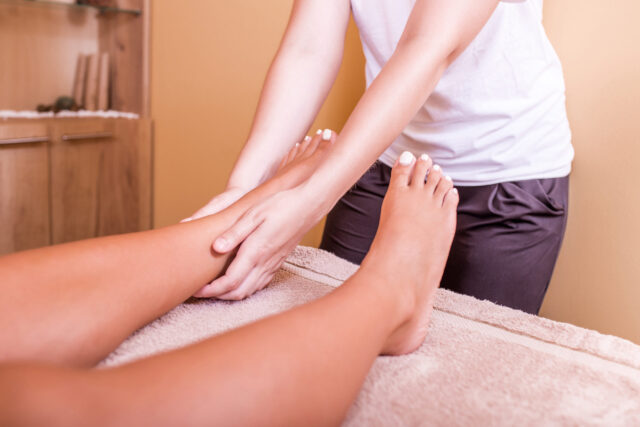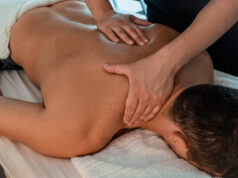After an exhilarating gig, when the last chord has rung out and the applause fades into the night, musicians often find themselves grappling with more than just the thrill of performance. The physical toll of playing—whether it’s the tension in clenched fingers, sore shoulders from strumming, or the fatigue that seeps deep into the bones—can leave a lingering ache that hinders the joy of creating music.
To combat these post-performance blues, many artists are turning to an age-old remedy: massage. This therapeutic practice does more than soothe sore muscles; it enhances recovery, fosters relaxation, and revitalizes the spirit.
Whether you’re a seasoned performer or an enthusiastic amateur, understanding the benefits of massage in your recovery routine can transform the way you bounce back after a show. Let’s delve into how this healing art can assist you in returning to the stage, fully revitalized and ready to play your heart out once again.
The Benefits of Massage Therapy for Musicians

Massage therapy offers a wealth of benefits for musicians who frequently push their bodies to the limits during performances. After a gig, when muscles tense and stress levels rise, a skilled massage can be a game-changer.
It not only alleviates the physical strain from hours of playing, but it also fosters relaxation, helping musicians to unwind and reconnect with their body. The targeted manipulation of soft tissues promotes blood circulation, aiding in the removal of metabolic waste and delivering oxygen and nutrients to fatigued muscles.
Moreover, regular massage sessions can enhance flexibility and posture, reducing the risk of injury while ensuring that musicians are in top form for their next performance. Ultimately, embracing massage therapy allows artists to recover faster and play with renewed passion, setting the stage for a vibrant musical journey.
Deep Tissue Massage: Targeting Muscle Tension

Deep tissue massage offers a powerful antidote to the muscle tension that often plagues musicians after a demanding gig. This technique delves deep into the layers of muscle and fascia, employing firm pressure and slow strokes to target those stubborn knots that can impede performance.
As a violinist finishes their set, or a drummer concludes an energetic session, the strain can accumulate, leading to discomfort and limited mobility. However, a skilled massage therapist can unearth and release this built-up tension, restoring flexibility and promoting circulation.
Not only does deep tissue massage bring physical relief, but it also fosters a sense of relaxation, allowing musicians to mentally unwind and recharge, ready to create music anew. It’s a revitalizing ritual that harmonizes body and mind, crucial for sustaining artistic expression in the demanding world of performance.
Sports Massage: Enhancing Performance and Recovery

Sports massage plays a pivotal role in enhancing both performance and recovery for musicians, bridging the gap between art and athleticism. Just as athletes rely on targeted treatments to optimize their physical capabilities, musicians can benefit immensely from similar techniques.
The rhythmic demands of playing an instrument, whether its the intricate dance of fingers on a piano or the sustained tension in a violinists shoulder, can lead to strain and fatigue. A skilled sports massage therapist employs deep tissue manipulation, increasing blood flow and alleviating stiffness, paving the way for faster recovery.
Imagine the ease of movement and clarity of performance that follow a thorough session—musicians may find themselves not only sharper in their next gig but also more resilient to future demands. This holistic approach not only soothes the body but also calms the mind, creating a harmonious balance vital for any performer eager to shine on stage.
Conclusion
In conclusion, taking care of your body is essential for any musician looking to sustain their performance and avoid injury after a gig. Incorporating regular massage therapy into your recovery routine can significantly enhance muscle relaxation, improve circulation, and alleviate tension.
Techniques such as 스웨디시 massage can be particularly beneficial, providing a gentle yet effective method for easing tight muscles and promoting overall well-being. By prioritizing recovery practices, musicians can ensure they are always at their best, ready to deliver memorable performances night after night.




